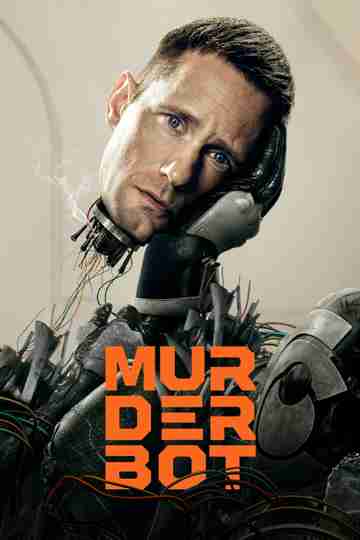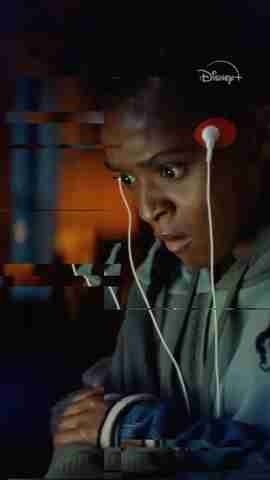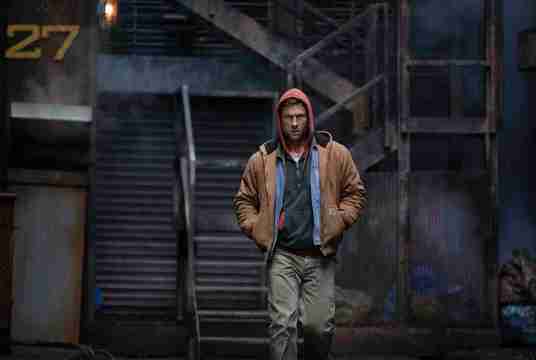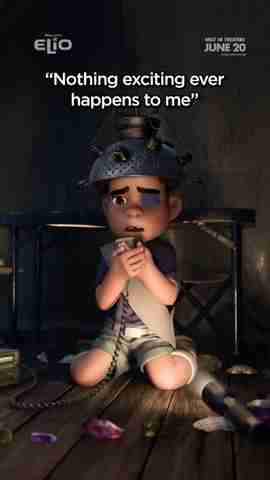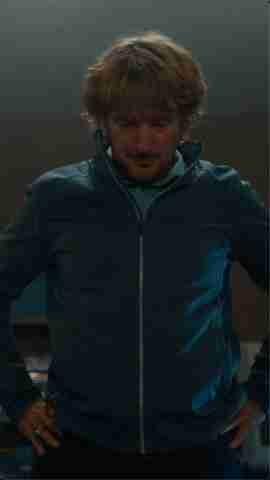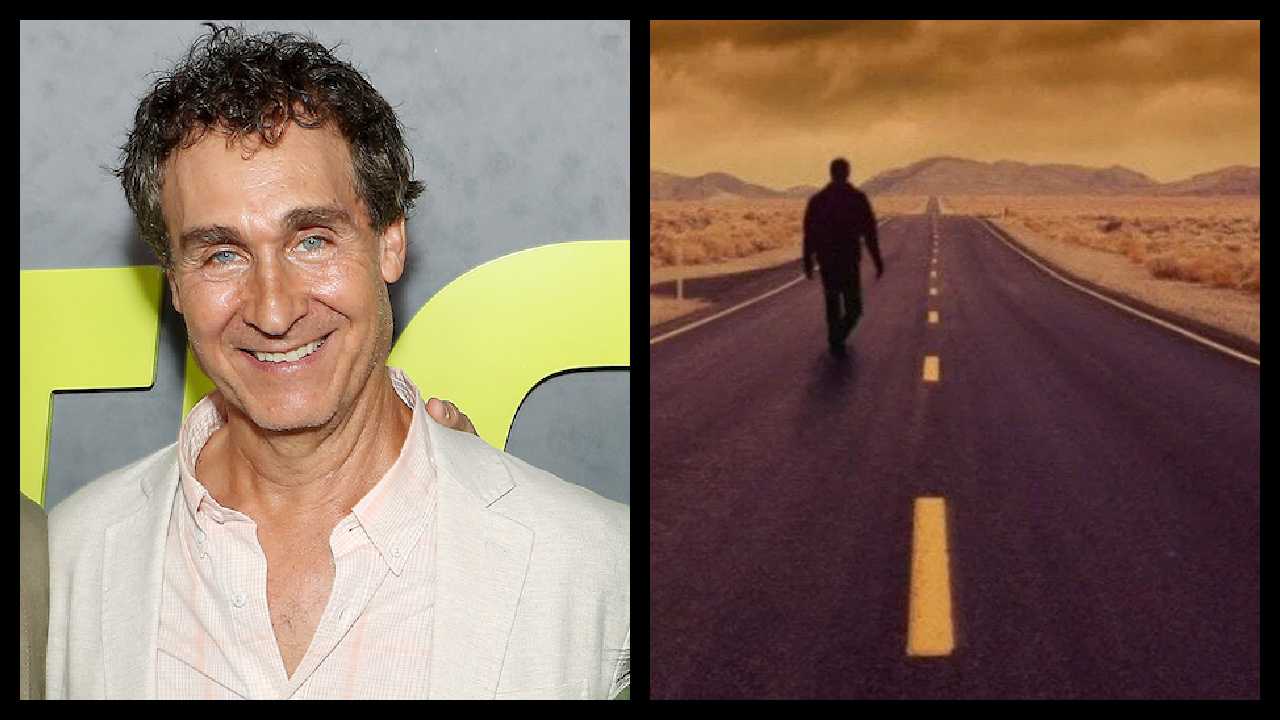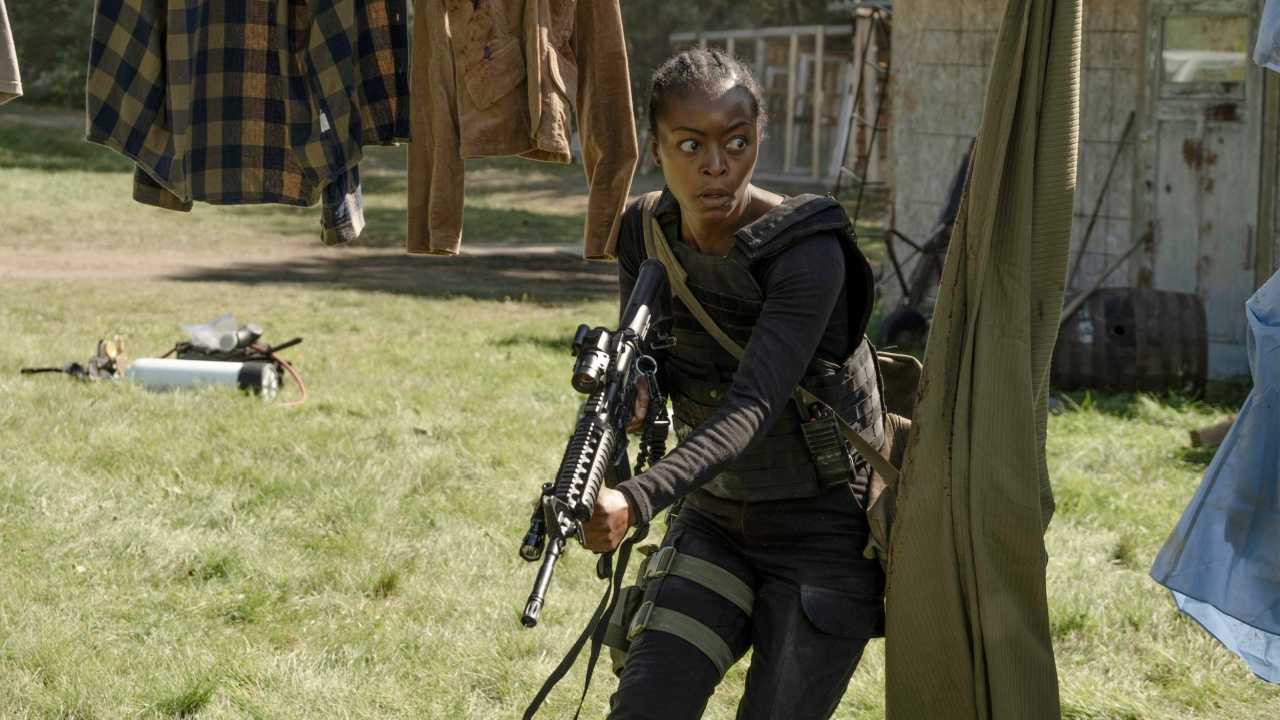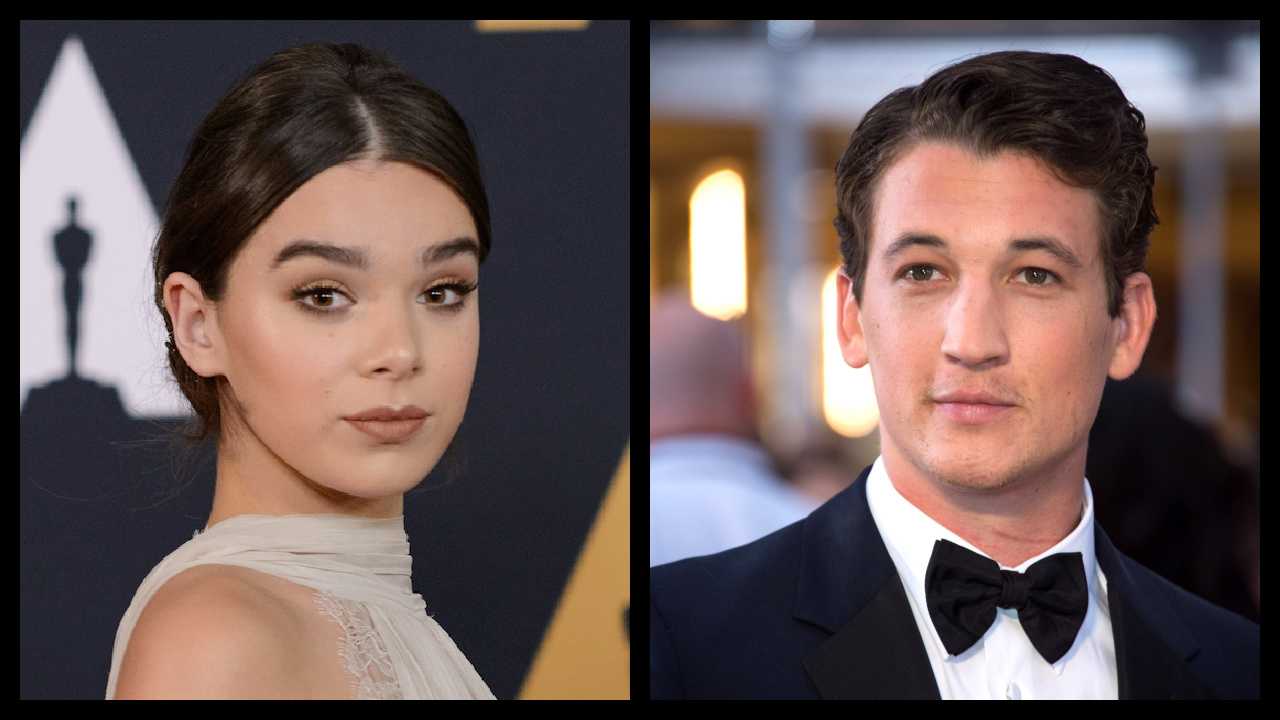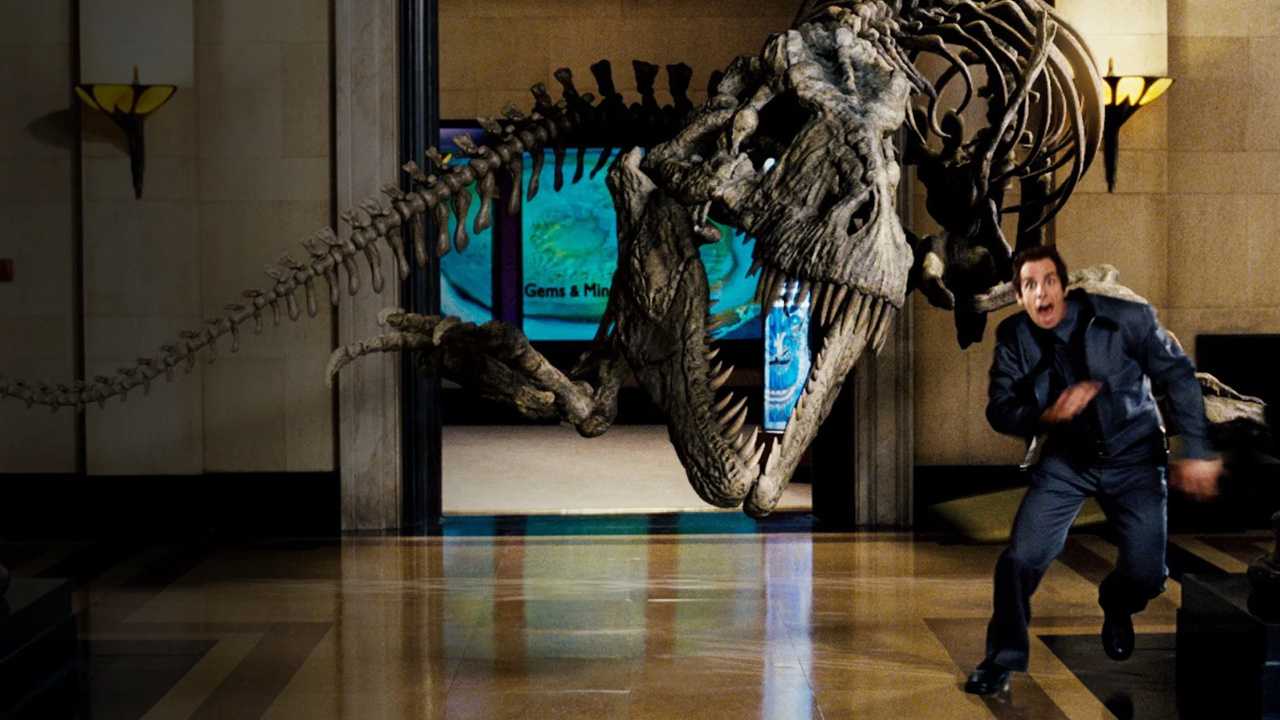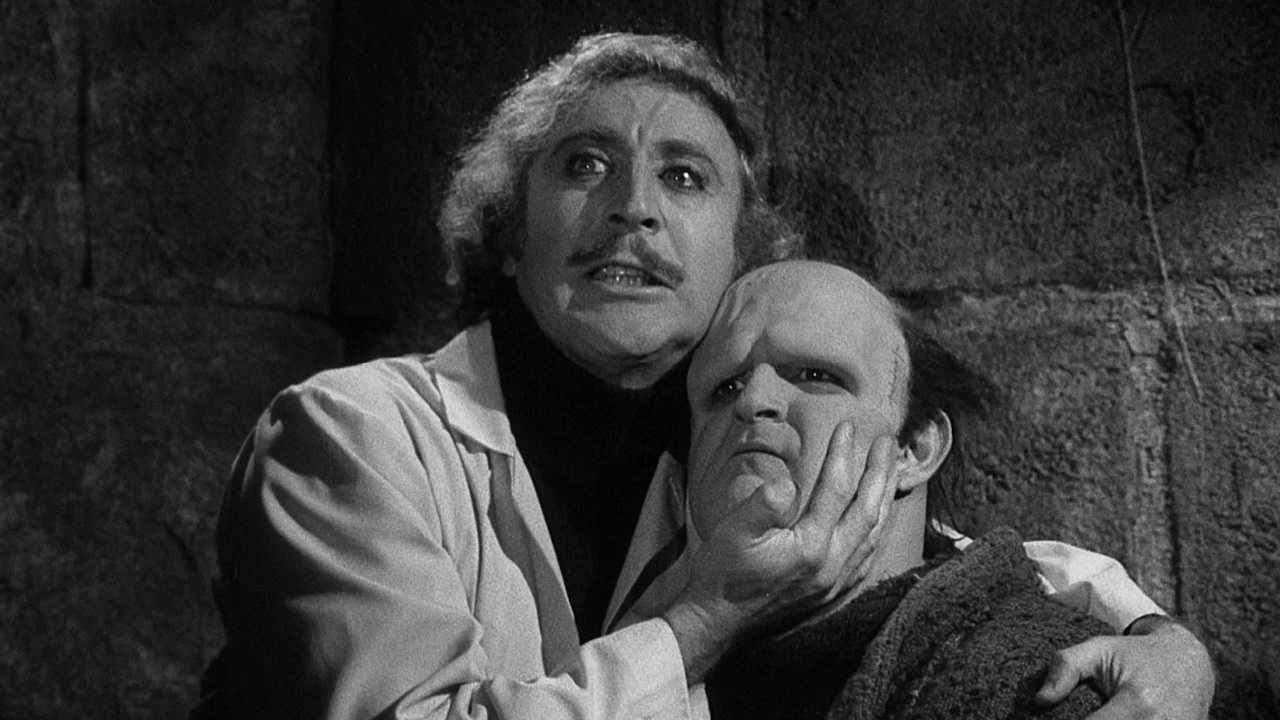'Serenity' and 10 More Crazy Movie Plot Twists That Totally Blew Your Mind
Serenity
The element of surprise often feels like it’s being bred out of movies; the bigger and costlier they are, the less often they seem eager to challenge audience expectations. Then again, maybe that’s always been the case -- there’s a reason “crowd-pleaser” is a superlative filmmakers hope to earn -- but that’s also why the great, unexpected left turns taken in cinema history stay with us decades later. With that in mind (and in celebration of this weekend's "Serenity," which features one of the most bonkers twists ever), we've assembled a list of ten films with some of the most mind-blowing plot twists in movie history.
‘Chinatown’ (1974)
Roman Polanski’s 1974 Oscar winner about private detective Jake Gittes (Jack Nicholson) and the California water conspiracy he uncovers is built on a foundation of shifting mysteries. But the only revelation more shocking than its unrelentingly bleak ending is the discovery Gittes makes about the connections between Evelyn Mulwray (Faye Dunaway), her father Noah Cross (John Huston), and her sister Katherine Cross (Belinda Palmer).
‘Gone Girl’ (2014)
David Fincher is no stranger to rug-pulling storytelling -- look elsewhere on this list for further examples of his work. But in his adaptation of this 2012 best seller, Fincher’s about-face regarding the culpability of philandering would-be murderer Nick Dunne (Ben Affleck) and the whereabouts of Amy (Rosamund Pike), his long-suffering wife, ranks as one of the most exhilarating turns -- not just for the characters, but for the manipulability, and inescapable subjectivity, of the medium itself.
‘The Orphanage’ (2007)
Before J. A. Bayona was ushering audiences through a new “Jurassic” era with “Fallen Kingdom,” he established himself as a top-shelf purveyor of suspense and surprise with this story about a woman who opens an orphanage and, not long later, loses her own adopted son. The terror that ensues is only a prelude to the tragic truth that emerges about what happened -- and what her role is in his fate.
‘Planet of the Apes’ (1968)
Franklin J. Schaffner’s adaptation of the eponymous book by Pierre Boulle makes a shrewd and methodical series of revelations to its protagonist George Taylor (Charlton Heston), the astronaut who crash-lands on a world where man and ape have reversed roles in the biological pecking order. But the film’s final shots gobsmacked audiences back in 1968, with the discovery that the alien planet upon which Taylor landed was, in fact, Earth all along.
‘Primal Fear’ (1996)
Edward Norton was a virtual unknown at the time of this film’s release, the story of a jaded defense lawyer who encounters more than he bargains for after taking on a client (Norton) suffering from multiple personality disorder. But the combination of Norton’s performance, and some effective sleight of hand by director Gregory Hoblit, successfully obscures exactly which of those personalities is in charge until the perfect moment for a stunning emotional wallop.
‘Psycho’ (1960)
Alfred Hitchcock consistently tested the boundaries of audience expectations -- and tolerance -- but never more memorably than in this film about a young woman (Vivien Leigh) who flees from the authorities after stealing a wad of cash from her boss. The movie’s identification with her through the first half makes its second a stunning change in direction, as audiences not only have to deal with her death, but the prospect of following one of the accomplices (Anthony Perkins) to her murder.
‘Secret Window’ (2004)
During the serial killer movie boom of the late 1990s and early 2000s, writer-director David Koepp crafted this sneaky little thriller about a writer who retreats to a remote cabin after discovering his wife’s infidelity, only to plunge into a murder mystery worthy of one of his own works -- complete with an ending that reminds audiences that it’s the author, occasionally literally, who ultimately decides a character’s fate.
‘Seven’ (1995)
Fincher’s aptitude at keeping viewers guessing would manifest itself vividly yet again in 199’s “Fight Club,” but the great shock of this rain-drenched mystery comes twofold in its final moments -- first when we learn the identity of the murderer, and then who he intends for his final two victims.
‘The Sixth Sense’ (1999)
This all-time champion of plot twists blew audiences away in 1999, announcing M. Night Shyamalan as a creative force to be reckoned with. After spending almost two hours with Dr. Malcolm Crowe (Bruce Willis) and Cole Sear (Haley Joel Osment), the little boy who can “see dead people,” we discover the tragic and terrifying depths of his gift as we’re forced to re-evaluate from whose perspective this story was actually told.
‘The Usual Suspects’ (1995)
Bryan Singer’s breakthrough film was a masterful exercise in style, and -- thanks to Christopher McQuarrie -- screenwriting. But what the two of them do so expertly together is not just spin a compelling yarn about a group of criminals, but weave into that tapestry an amazing punch line, rejoinder to the whole mythmaking that they themselves do, with a final scene that makes you reconsider how the power structure of the crime coalition works, and what it would take for you not to be fooled if you were in the cops’ position, hearing how it all went down.
Serenity Unit Stills
SPOILERS AHEAD (obviously): For most of "Serenity's" runtime, it plays like a fairly straightforward, sweaty erotic thriller, with Matthew McConaughey's loner fisherman character getting roped into a murder plot by his sexy ex (Anne Hathaway). But throughout the film we cut to a small child, presumably McConaughey and Hathaway's kid … And then, at the end of the movie, it's revealed that the entire storyline is a computer program being directed by that kid. And what's more, the kid leaves the computer and walks into another room and MURDERS HIS STEPFATHER. Twists don't get more insane than this.









